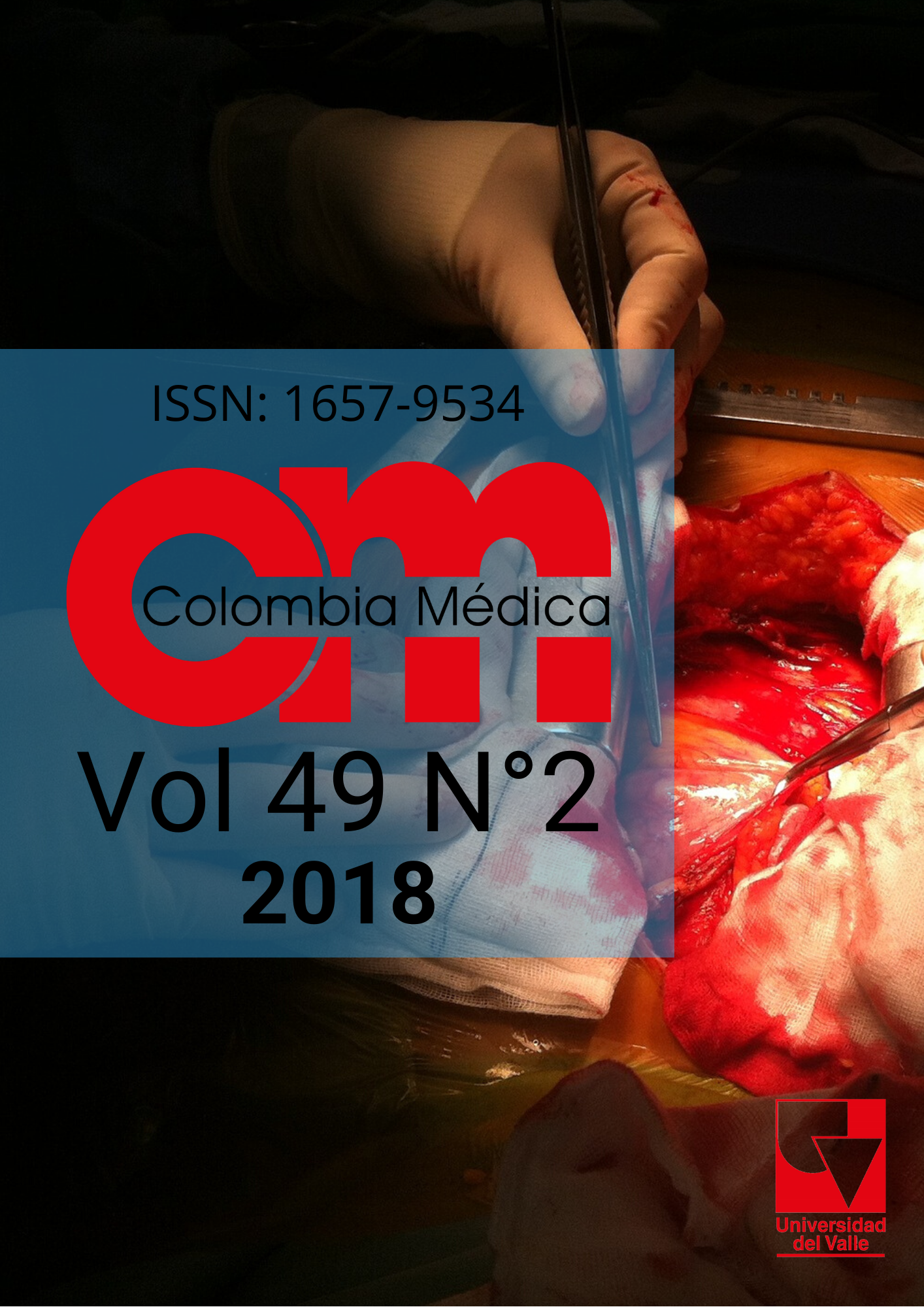Reevaluating nutrition as a risk factor for cardio-metabolic diseases
Main Article Content
Introduction: The consumption of saturated fats is considered a risk factor for cardiovascular diseases.
Objective: Review published papers on the role of macro-nutrient intake in cardiovascular risk.
Results: Recent reports from the PURE study and several previous metaanalyses, show that the consumption of total saturated and unsaturated fat is not associated with risk of acute myocardial infarction or mortality due to cardiovascular disease. High carbohydrate intake was associated with the highest risk of total and cardiovascular mortality, while total fat consumption or of its different types was associated with a lower risk of mortality. A high consumption of fruits, vegetables and legumes was associated with lower risk of total mortality and non-cardiovascular mortality. The consumption of 100 g of legumes, two or three times a week, ameliorated deficiencies of the nutrients contained in these foods and was associated with a reduction in the risk of developing chronic noncommunicable diseases.
Conclusion: A healthy diet should be balanced and varied, be composed of a proportion of complex carbohydrates rich in fibber between 50-55% of the daily energy consumed, of saturated and unsaturated fat (25-30%), animal and vegetable protein (including legumes) between 15-25%, vitamins, minerals and water. These nutrients are abundantly present in fruits, vegetables, cereals, legumes, milk and its derivatives, eggs and meats, so public policies should promote the availability and access to these nutrients within primary prevention programs to reduce the growing prevalence of cardio-metabolic diseases.
Downloads

This work is licensed under a Creative Commons Attribution-NonCommercial 4.0 International License.
The copy rights of the articles published in Colombia Médica belong to the Universidad del Valle. The contents of the articles that appear in the Journal are exclusively the responsibility of the authors and do not necessarily reflect the opinions of the Editorial Committee of the Journal. It is allowed to reproduce the material published in Colombia Médica without prior authorization for non-commercial use

